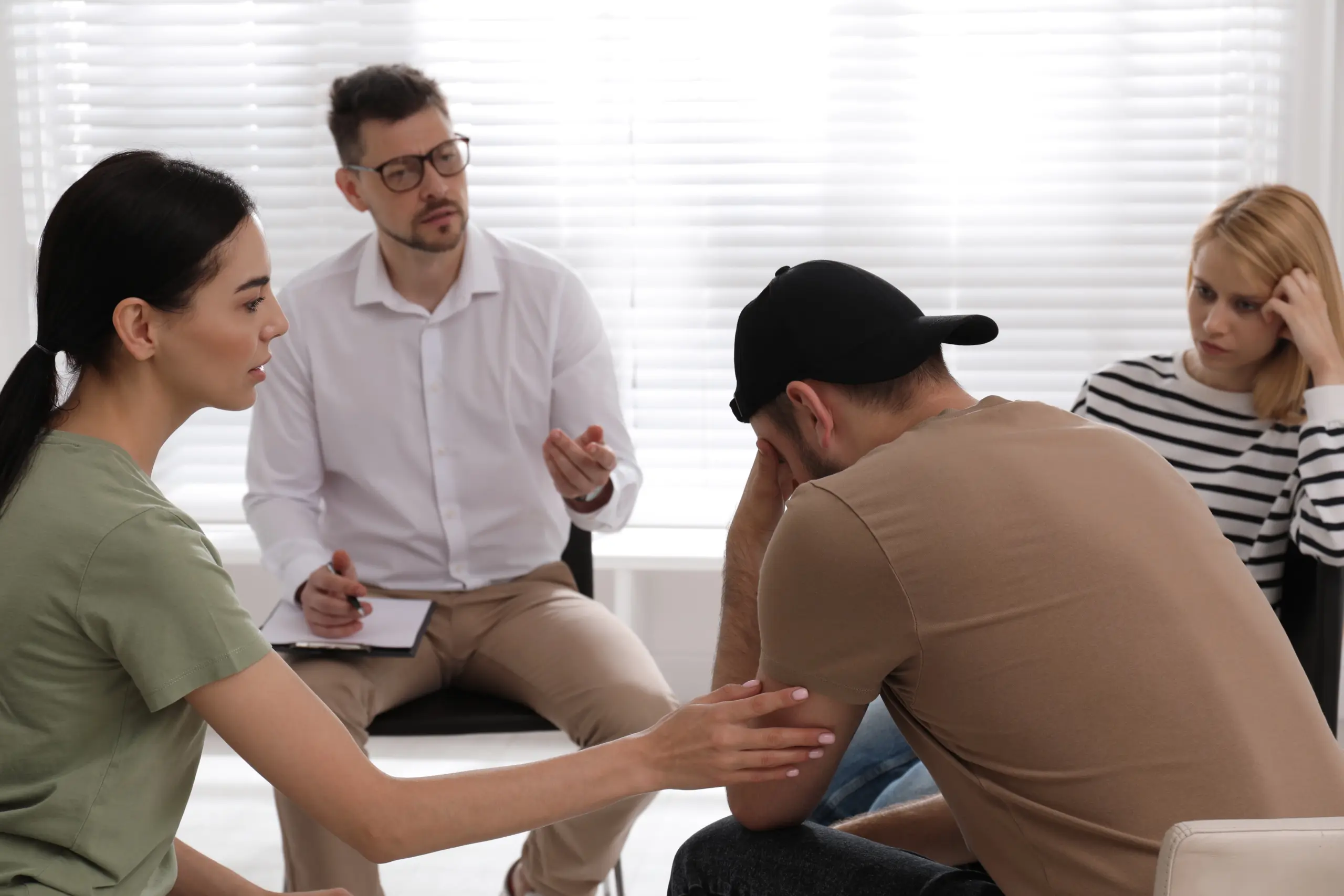The Signs of Addiction in Others
Recognizing the Warning Signs
Addiction often hides in plain sight, masked by excuses, mood changes, or sudden shifts in behavior. At Star City Recovery, we believe that early recognition of the signs of addiction in others can make a powerful difference in their journey toward healing. Whether you’re concerned about a loved one, friend, or colleague, understanding what to look for is the first step in offering support.
Understanding Addiction
Addiction is a complex condition that affects the brain, behavior, and overall well-being. It often develops gradually, making the signs harder to spot until the situation worsens. Knowing the early indicators can lead to timely intervention, increasing the chances of recovery.
Common Signs of Addiction in Others
Behavioral Changes
Addiction often alters priorities and routines. Watch for:
Withdrawal from family, friends, or social activities
Secretive behavior or lying about whereabouts
Decline in work or school performance
Sudden changes in friend groups

Physical Symptoms
Substance use can affect the body in visible ways:
Bloodshot eyes or dilated pupils
Sudden weight loss or gain
Poor hygiene or appearance changes
Unexplained injuries or frequent illnesses

Emotional and Psychological Signs
Mental and emotional shifts may suggest deeper struggles:
Mood swings, irritability, or aggression
Increased anxiety, paranoia, or depression
Low motivation or signs of apathy
Defensiveness when asked about substance use
How Star City Recovery Helps

At Star City Recovery, we offer support not just for those facing addiction, but also for families and loved ones trying to help. Our treatment programs are designed with compassion and clinical expertise to provide a path toward healing.
Why Families Turn to Us:
Comprehensive assessments for addiction and co-occurring conditions
Family therapy and education to rebuild trust and understanding
Customized treatment plans based on individual needs
Ongoing aftercare for long-term success
When It’s Time to Speak Up
If you recognize several of these signs in someone you care about, don’t wait. Approach the conversation with empathy, not judgment. Express concern, offer support, and encourage professional help.
Early action can save lives—your voice could be the reason they seek help.

